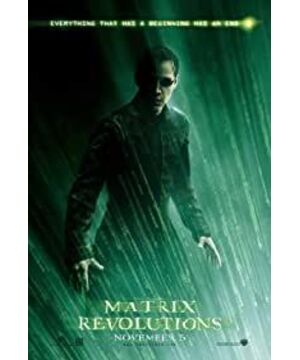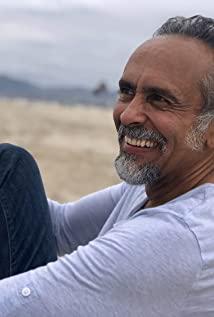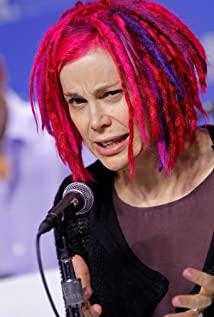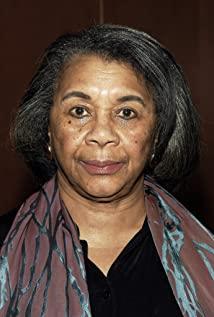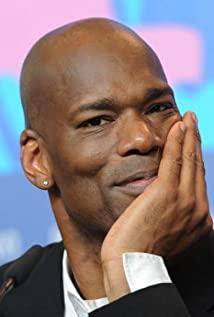Love
It feels like the theme of this episode is love. At the beginning, Neo was trapped in Trainman's place, and when he met the program family, his father said he was going to the French to intercede because he wanted the child to survive. Later, the little girl Sati was fostered with the Prophet, and the Prophet's grandmother and entourage also doted on her in every possible way. Seeing that cute face, it's hard not to love it!
Then there's the love between Neo and Trin. Architect told Neo that the first five saviours were all attached to human beings, and Neo's object was more specific, that is Trinitty. In the first episode, Trinitty saved Neo with a kiss, and in the second episode, Neo saved Trinitty with his superpower. Every time they met, they had to kiss... So kitsch (the key is that there is no spark in the performance)
The other pair is Link and Zee (Link is the operator, the name is a real tool man). Zee could have taken refuge, but she chose to go to the front line as a volunteer because that might be her last chance to see her husband and even help him get home smoothly.
It is the fetters of "love" that make human beings have the courage to face difficulties and evil, fight for those they love, and gain greater strength. But what I am dissatisfied with is that this kind of "love" is too vulgar. Is it just love between men and women? Is love between men and women far greater than love for other human beings? It feels very American to use love as a means of transcendence.
good and evil
Continuing along with love is human nature, good and evil. In the duel between Neo and Smith, Neo symbolizes justice and goodness, and Smith symbolizes distortion and evil. Neo is loved by everyone, and he always pursues some good things, such as love, justice, and peace; Smith may not pursue destruction, but rather he pursues survival, and pursues desperately to grab what is beneficial to him.
Just like the pair of idealism and realism, people have the pursuit of kindness and the desire of the flesh. Smith once said that humans are like viruses, desperate to multiply on Earth until they take over the planet. In order to survive, people naturally have desires, and this desire just gives Smith an opportunity, just like countless evils are also spread.
Interestingly, the film implies that these two things are inseparable, they are like two opposites, which will eventually cancel. Both good and evil exist in human beings. We can't let the soul escape from the body, and we can't make ourselves live as animals. Fortunately, the end of the film at least cancels each other out, and no one wins, but in reality, it is often impossible to compete between good and evil.
Savior
When Neo died, he was like Jesus on the cross, bearing the name "Savior". The Jesus of the Machine Age took on all suffering for mankind, even though he himself had no sin. In the end, the Smith virus was destroyed in his body, and everyone was freed. The doubts of the crowd and the firm belief of a small number of "believers" are just like the experiences of Jesus before his death. I wonder if the audience will also have such doubts?
btw All kinds of fights, especially the special effects in Machine City are really nice!
mirror
From the first episode to the third episode, I want to say that the figure in the sunglasses is so interesting! It seems that mirror images only appear in the Matrix, which may imply that we are all in the mirror, and the mirror image is not reality itself, but an illusion. When we see a phantom and see that its every move is causal, we regard the mirror image as reality; even if we know that it is not reality, we at least think that this correspondence can be regarded as a connection between a phenomenon and reality. Whether it is experience or science, it is from this connection that we know the world. But is this connection reliable?
View more about The Matrix Revolutions reviews


